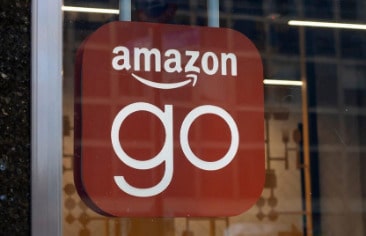Amazon and coffee retailer Starbucks are being sued in U.S. federal district court for misusing customers’ biometric identifiers.
The proposed class action (2:23-cv-00852) has been filed in the Western District Court of Washington. The named plaintiffs, Suzanne Mallouk, Alfredo Rodriguez Perez and Arjun Dhawan, claim their privacy rights were violated when visiting New York City stores that used Amazon’s One palm biometric scanners.
(The trio had filed separate cases but joined their claims in the state of Washington, which is home to both defendants.)
No specific sum is sought in the trial.
Biometric authentication as a method of payment at Amazon’s Go stores was introduced in New York City in 2019. One scanners have since been added to other stores owned by Amazon. It is also alleged that Amazon uses a person’s size and shape to identify them in the stores.
Each plaintiff alleges that Amazon is violating a 2021 city law by scanning palms without first posting required notices. That year, Starbucks went into business with Amazon in the first of multiple Starbucks-Go stores.
Plaintiff court documents charge that Starbucks “sells, trades and shares customers’ biometric identifier information with Amazon in exchange for various things of value, and otherwise profits” from the deal.
Specifically, the defendants are charged with “collecting, retaining, storing, converting, using, sharing and profiting” from hand geometries in violation of New York City’s Biometric Identifier Information Law (BII Law).
The defendants were obligated by the law to post caution signs on entry doors, but reportedly failed to do so.
According to court documents, the plaintiffs wrote to Amazon complaining about the alleged violations. One plaintiff also wrote to Starbucks but received to reply.
Amazon did not reply to all of the plaintiffs. In the case where the company did reply, it reportedly did not expressly respond in writing saying the situation had been cured, in legal lingo.
Article: New Yorkers sue Amazon, Starbucks over biometrics use in cashierless stores
